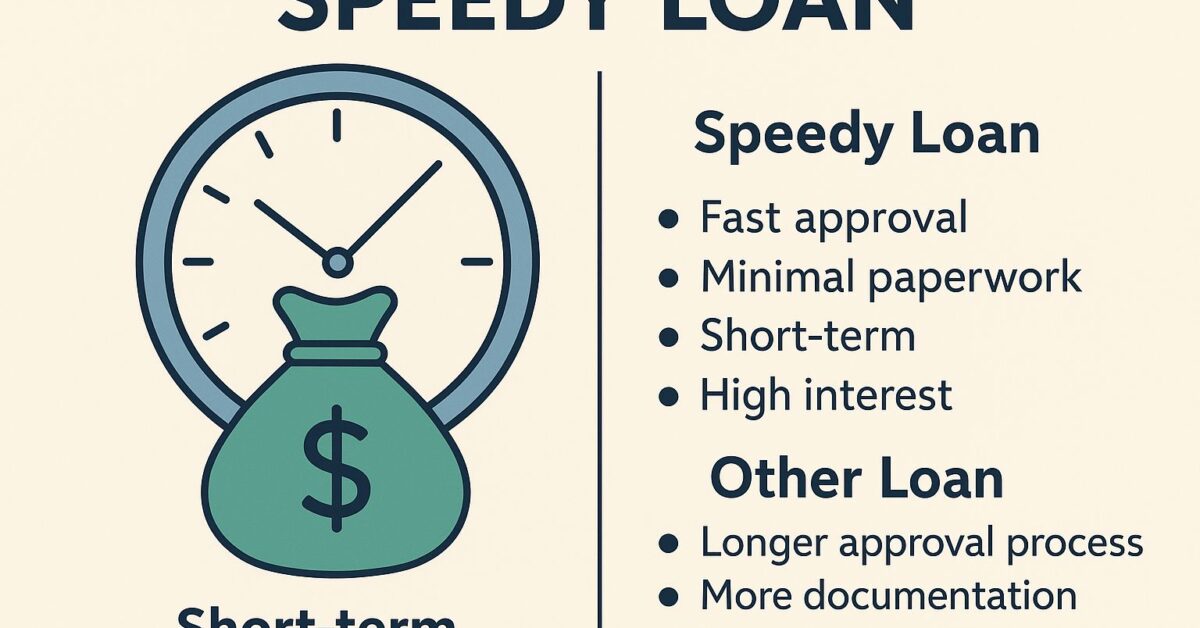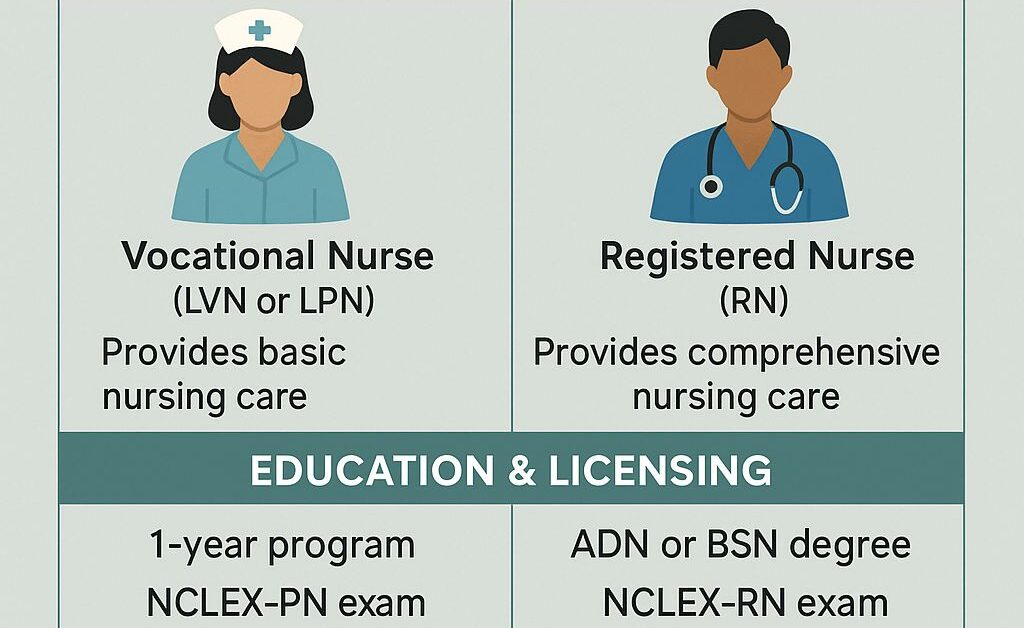The federal government of Nigeria is paying much attention to technical schools or trade schools, and the demand for skilled workers and lecturers, teachers, and trainers in various programs is growing. As a result, Technical and Vocational Education and Training (TVET) has become a crucial part of national development.
In a bold step to boost youth employment and skills acquisition across Nigeria, the Federal Government has launched a fresh call for trainers (lecturers/teachers) under its Technical and Vocational Education and Training (TVET) initiative. Powered by the Federal Ministry of Education, this program offers a rewarding opportunity for skilled professionals, institutions, trainers, and master craftsmen (MCPs) to train young Nigerians—and get paid doing so.
If you are a Mastercraft Person (MCP), or you run a Vocational Enterprise Institution (VEI), or manage a Skills Training Centre (STC), this guide will show you exactly how to apply and become an accredited FG TVET trainer/teacher.
If you are passionate about teaching practical skills and want to impact the next generation, becoming a TVET lecturer might be the perfect career path.
In this article, we’ll also walk you through the process of becoming a TVET lecturer in Nigeria, from qualifications to career opportunities, and how federal government initiatives like the FME TVET program are transforming the sector.
Who is a TVET lecturer?
A TVET (Technical and Vocational Education and Training) lecturer or trainer is more than just a teacher — they are skilled professionals who specialize in delivering practical, hands-on training or trades skills across various technical and vocational schools and training centers. Their primary role is to equip students with the knowledge, tools, and real-world competencies needed in various trades skills and to become successful entrepreneurs.
See Also: Full list of Technical Schools in Lagos 2025
TVET lecturers serve as bridges between the classroom and the workplace. They bring real industry experience into their teaching, often blending theory with active demonstrations, projects, and work-based learning. Their lessons go beyond textbooks, focusing on practical outcomes that align with industry standards.
In contrast to traditional school lecturers who emphasize theory and research, TVET lecturers focus on “learning by doing.” They prepare students to meet the demands of the job market, start a business, or adapt to the evolving world of work — especially in high-demand sectors like renewable energy, construction, and ICT.
With Nigeria’s youth unemployment and underemployment rates still high, TVET lecturer is the best profession you can consider in the teaching profession and nation-building, helping to reduce poverty, promote entrepreneurship, and close the skills gap. They are also in high demand due to ongoing initiatives of the Federal Ministry of Education’s TVET program, which aims to provide inclusive and industry-driven skill development across the country.
Read more: TVET: What is it, and why should you consider it?
Why Should You Become a TVET Lecturer in Nigeria?
Nigeria is a country with a fast-growing youth population and rising demand for job-ready skills; becoming a TVET (Technical and Vocational Education and Training) lecturer is not just a career—it’s a powerful step to take. As the Nigerian government allocates up to N120bn and ongoing pushes toward industrialization and entrepreneurship, the need for professional, knowledgeable, and industry-savvy educators in vocational schools and technical schools across the country is at an all-time high.
Here’s why this path is worth considering:
1. High National Demand for Skilled Trainers
Nigeria is facing a massive skills gap, especially in sectors like engineering, construction, ICT, and renewable energy. TVET lecturers are in high demand to train the next generation of technicians, artisans, and entrepreneurs who will power the country’s development. Whether in training centers or technical or vocational schools, the demand for skilled educators is growing—and shows no signs of slowing down.
📈 Did you know? TVET institutions across Nigeria often report shortages of qualified instructors in core trades. This means your skills will always be in demand.
2. Stable and Fulfilling Employment
TVET lecturers enjoy career stability in both public and private institutions, including technical colleges, polytechnics, vocational training centers, and private academies. With the Nigerian government and donor agencies expanding funding into vocational education, more opportunities are opening up every year.
You also have a chance to grow professionally—moving from instructor roles to senior lecturer, program coordinator, or even policymaker within the sector.
3. Contribute to Nation Building
As a TVET lecturer, you are directly involved in nation-building. Every student you train becomes a potential entrepreneur, skilled employee, or innovator. Your contribution helps reduce unemployment, boost local economies, and improve Nigeria’s global competitiveness in key industries.
👷🏽♀️💡 From teaching a young woman how to design solar power systems to mentoring a youth on vehicle diagnostics—you’re creating real impact.
4. Government Support & Incentives
Through initiatives like the Federal Ministry of Education’s TVET program, Nigeria is investing heavily in vocational skills development. As a TVET professional, you can benefit from
- Specialized training programs for instructors
- Well paid
- Start-up support for select trades
- Access to National Board for Technical Education (NBTE) resources and certifications
These incentives aim to make vocational teaching a sustainable and rewarding career for educators and trainees alike.
5. Global Exposure & Partnerships
TVET in Nigeria is not isolated. Through collaborations with global organizations such as UNESCO, GIZ (Germany), ILO, and the World Bank, Nigerian TVET lecturers gain access to international best practices, workshops, and capacity-building opportunities.
You can be selected for global conferences, exchange programs, and training that broaden your expertise and visibility in the international education space.
How to Become a TVET Lecturer in Nigeria

Educational Requirements
To become a TVET lecturer in Nigeria, you need the right mix of academic qualifications and teaching credentials. A Bachelor’s degree (B.Sc., B.Tech., B.Eng.) or Higher National Diploma (HND) in a technical or vocational field—such as engineering, ICT, agriculture, or fashion design—is the basic requirement. For better job prospects, aim for at least a Second Class Upper (2:1) or Upper Credit.
If your degree is not education-related, consider getting a Postgraduate Diploma in Education (PGDE) or Technical Education (PGDTE). These programs teach you how to manage classrooms, design curriculum, and teach effectively.
Advanced degrees like a Master’s (M.Ed., M.Sc., or M.Tech.) can boost your chances of securing senior roles in polytechnics and technical colleges.
Finally, it’s important to register with relevant regulatory bodies like the Teachers Registration Council of Nigeria (TRCN) and the National Board for Technical Education (NBTE)—especially if you want to teach in accredited institutions or be part of government-supported TVET programs.
You also need Vocational and Industry Certification: TVET lecturers must also have practical knowledge of their chosen field, not just theoretical understanding. That’s why vocational certifications are essential, especially in hands-on sectors like carpentry, plumbing, ICT, fashion, and more. Key certifications include
- National Technical Certificate (NTC)
- National Business Certificate (NBC)
- National Skills Qualification (NSQ)
- NABTEB Certificate—from the National Business and Technical Examinations Board
These show that you are not only trained to teach but also qualified to do the job in real-life industry settings.
🛠️ Hands-on experience is highly valued. Many institutions prefer lecturers with both industry work history and certification.
Required Skills and Competencies
In addition to academic credentials, a successful TVET lecturer should have:
-
Hands-on experience in the trade or profession.
-
Knowledge of teaching methods and classroom management.
-
Ability to use digital tools and equipment.
-
Strong communication and mentoring skills.
Salary Expectations for TVET Lecturers in Nigeria
TVET lecturers in Nigeria enjoy relatively competitive salaries, especially as the demand for skilled vocational education continues to rise. Salaries, however, depend on factors such as the type of institution, level of qualification, and experience.
Here’s a breakdown of expected monthly earnings across different institutions:
| Institution Type | Estimated Monthly Salary (₦) |
|---|---|
| Public Technical Colleges | ₦120,000 – ₦250,000 |
| Polytechnics (Federal/State) | ₦180,000 – ₦400,000+ |
| Private TVET Institutions | ₦80,000 – ₦200,000 |
| NGOs/Development Projects | Varies (₦200,000 – ₦500,000+) |
Additional benefits may include housing allowance, medical care, and pension.
How to Apply for FG TVET Trainers (Lecturer)
What is the FG TVET Program?
The Federal Government’s Technical and Vocational Education and Training (TVET) program is a strategic initiative aimed at reducing youth unemployment in Nigeria by promoting vocational education and entrepreneurship. Managed by the Ministry of Education, the program engages skilled artisans, vocational institutions, and training centers to offer practical training to apprentices across the country. The ultimate goal is to empower young Nigerians with relevant skills that enable them to become self-employed or employable in various sectors.
Benefits
The FG TVET program comes with substantial benefits for trainers, instructor, or teachers and trainees. Approved trainers will receive a monthly stipend of ₦30,000 per trainee, providing a reliable income stream while contributing to national development.
Who Can Apply?
The program is open to three main categories of trainers: Mastercraft Persons (MCPs), Skill Training Centres (STCs), and Vocational Enterprise Institutions (VEIs). However, each category must meet specific accreditation requirements set by the National Board for Technical Education (NBTE) before being eligible to participate.
Requirements for VEI Accreditation
Vocational Enterprise Institutions (VEIs) must show proof of registration with the Corporate Affairs Commission (CAC) and must implement NSQ-Based Curricula. Each trade offered should have at least one qualified instructor, maintaining a 1:40 instructor-to-student ratio. Additionally, VEIs must have at least one Quality Assurance Assessor (QAA) and one Internal Quality Assurance Manager (IQAM)—both of whom can serve part-time. Institutions must also have physical facilities such as classrooms, workshops, offices, and restrooms, as well as a documented history of past training programs and certifications.
Requirements for STC Accreditation
Skill Training Centres (STCs) must also provide CAC registration and use NSQ-Based Curricula. A minimum of one senior artisan or qualified instructor with NSQ Level 3 per program is required. Like VEIs, they must include one QAA and one IQAM per trade. STCs should be equipped with necessary training facilities including workshops and restrooms, and must present a clear record of prior training experience.
Requirements for MCP Accreditation
Mastercraft Persons (MCPs) are individual trainers and must have either a CAC registration or a valid National Identification Number (NIN). They are also required to adopt NSQ-Based Curricula. Each MCP should have at least one qualified artisan per program and maintain a 1:5 ratio of junior artisans to trainees. Facilities such as functional workshops and restrooms must be in place, along with verifiable evidence of prior skills training or mentoring experience.
How to Apply for FG TVET Trainer/lecturer
Interested applicants must complete the registration process through the official NBTE TVET portal. To begin, visit https://www.digitalnbte.nbte.gov.ng/TVET/TVETApplication2. Select your relevant category—VEI, STC, or MCP—and carefully fill out the online form with accurate information. After submission, be sure to save your User ID, as it will be needed for future access to the platform. Please note that only one application per applicant is allowed, so make sure all information is correct and complete before submitting.
See Also: How to Apply for TVET Programs (FME TVET Initiative 2025)
Conclusion
TVET lecturer in Nigeria is one of the best careers in the teaching profession to consider, and it is filled with opportunities to impact lives and build the nation. With increasing government support, such as the FME TVET initiative, there’s no better time to join this sector. If you’re passionate about teaching and skilled in a trade, start your journey today and help shape the future workforce of Nigeria.









2 thoughts on “How to Become a TVET Lecturer in Nigeria”